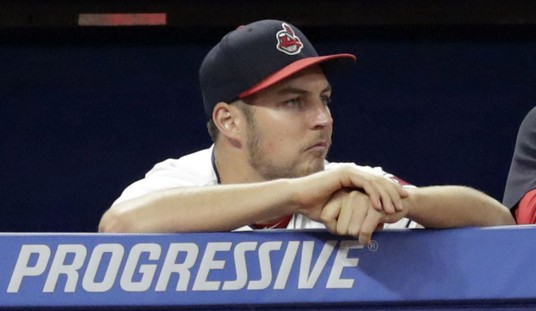Two weeks ago, I wrote here about the outbreak of measles that had its genesis at Disneyland in Anaheim, California. The disease has now mushroomed to nearly 50 cases, over four states and south of the border.
As the first measles patients create new clusters of disease, “I think we’ll see some satellite outbreaks,” says William Schaffner, an infectious disease expert and professor at the Vanderbilt School of Medicine in Nashville. “It’s going to take a while to control.”
The first group of patients to develop measles had visited the parks from Dec. 15 to Dec. 20, according to California health officials. The officials have not yet identified “patient zero,” the person who started the outbreak. People can develop measles three to 21 days after being exposed.
At least 42 cases of measles related to Disney have been diagnosed in California, plus three in Utah, two in Washington, one in Colorado and one in Mexico. The Mexican case is a 22-month-old girl.
Robert Glatter, an emergency physician at New York’s Lenox Hill Hospital, says the Disney outbreak “has the potential to develop into one of the worst outbreaks since 1989.”
Experts lay the blame for the outbreak at the feet of the anti-vaccine movement that has taken hold in pockets of the country, particularly in Southern California.
Measles was declared eradicated in the USA in 2000, meaning that it no longer spreads routinely like the common cold. The country continued to experience a few dozen cases a year as travelers from abroad were diagnosed here.
Last year, though, measles infected 628 people, according to the CDC.
The recent surge in measles cases reflects the impact of huge measles epidemics around the world. In 2014, there were more than 57,000 cases in the Philippines and more than 17,000 in Vietnam, according to the World Health Organization.
The increased rate of measles also reflects the influence of the anti-vaccine movement, Schaffner says.
[…]
Vaccination rates in the USA are generally high. But measles can spread quickly among children of “vaccine-resistant” parents, who sometimes cluster together, living near like-minded parents with doubts about vaccine safety, Schaffner says.
California health officials say Disney did nothing wrong.
The outbreak has become so severe that officials in Orange County, where Disneyland is located, are not allowing children who have not received a measles vaccination at school or daycare for 21 days. Authorities in California and throughout the West Coast and Southwest are urging parents to vaccinate their children.
Wendy Sue Swanson, a Seattle pediatrician, notes that some children are at higher risk of measles than others, including those who are immune-suppressed or who are too young to be fully vaccinated.
“We can’t forget that we have responsibility for our community,” Swanson says. “Not only are unvaccinated children at risk for measles right now, we have to remember that they are also at risk for spreading it, too.”









Join the conversation as a VIP Member